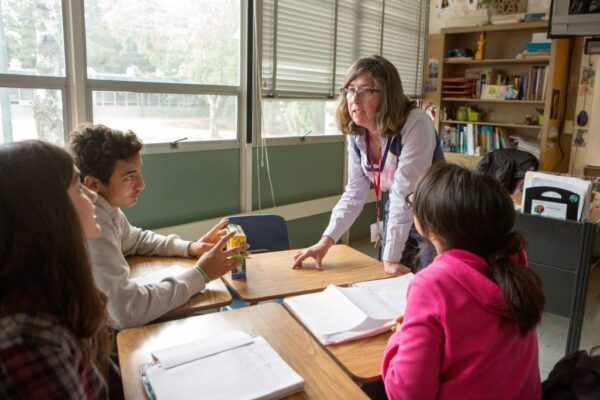School principals play a prominent role in teacher evaluation today, as they did even before a wave of reform initiatives swept the field in earnest beginning around 2009. But principals’ role in evaluation no longer centers on vague, binary checklists, which once served as the basis for infrequent, inconsequential observations of classroom practice. Principals’ observations now hinge on rubrics tied to highly articulated professional standards, and sometimes others’ observations and more objective performance metrics such as value-added measures complement principals’ observations to inform teacher evaluation.
Little is known about how principals are handling their responsibilities around teacher evaluations under the new paradigm, especially considering the level of investment of principals’ time and elevated hopes that teacher evaluation can drive improvement in student outcomes. Thus, a new article by Morgaen L. Donaldson and Sara Woulfin of the University of Connecticut offering a nuanced story based on interviews with 44 principals in 13 diverse districts is quite welcome.
The article’s main findings are not too surprising. Principals exercise discretion in their evaluation duties. Certain forms of principal discretion supported the state evaluation system’s goals, while others likely undermined them. Principals tended to use their discretion to further the system’s development aims as opposed to its accountability goals.
Much remains to be learned, but the analytic tools developed in this article in Educational Evaluation and Policy Analysis represents an important early contribution to the literature on teacher evaluation reform and implementation. In particular, the diversity of the sample and richness of the interview data allowed the researchers to develop a novel typology of principals’ actions and motivations when enacting teacher evaluation based on defined set of “discretionary moves,” including tinkering, hybridizing, gaming, and reducing.
